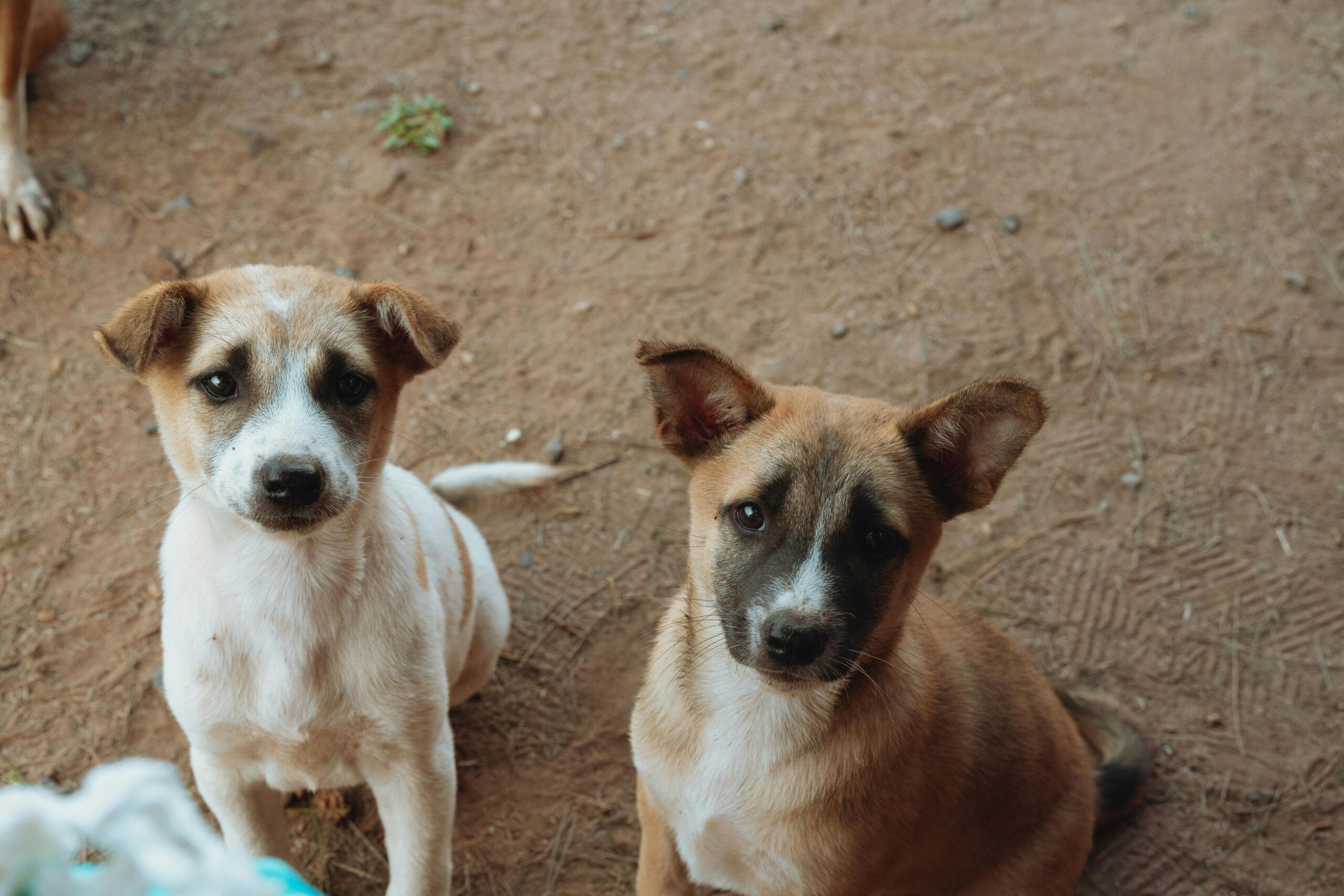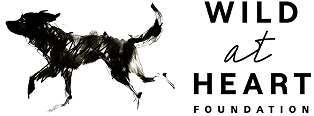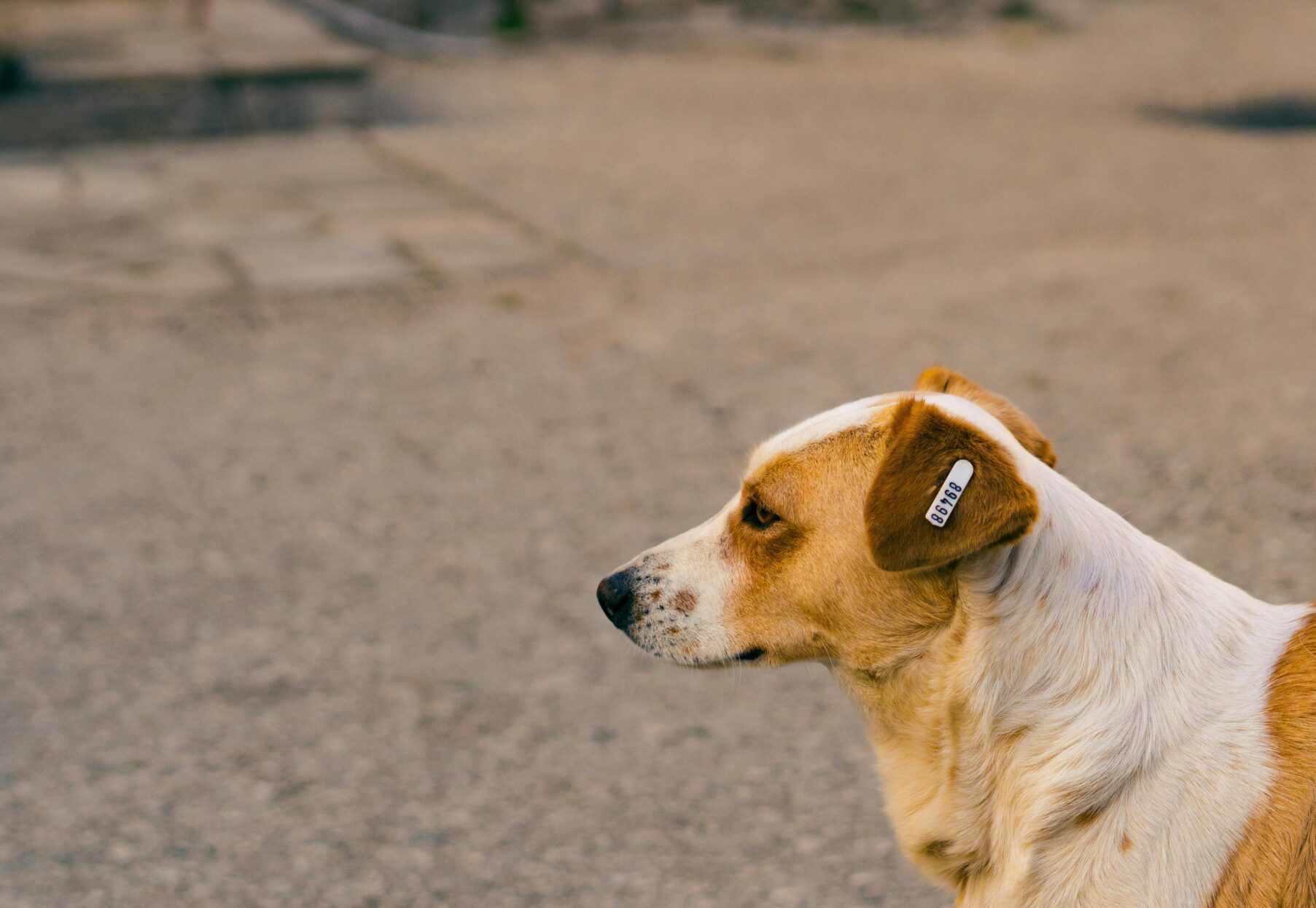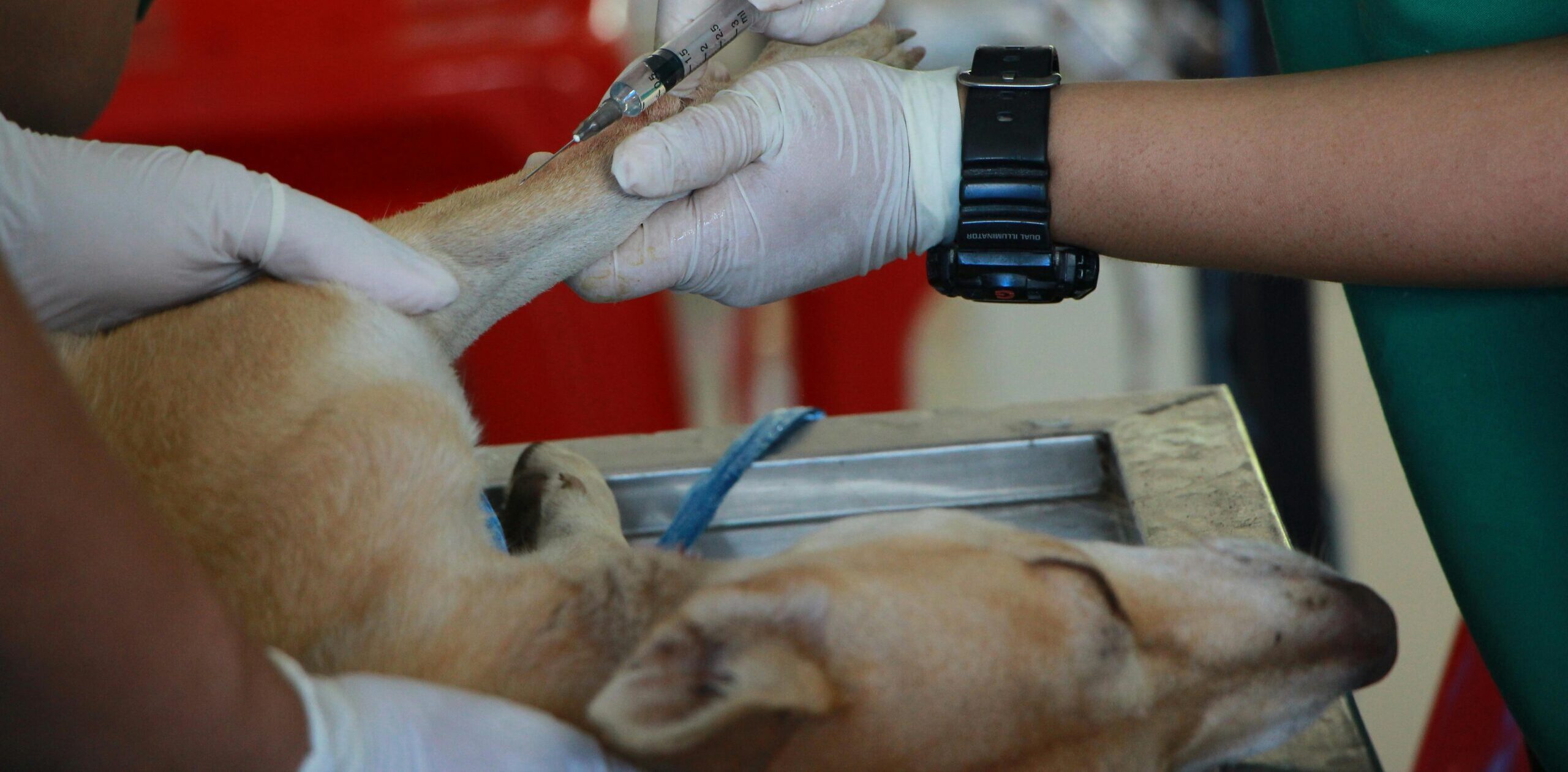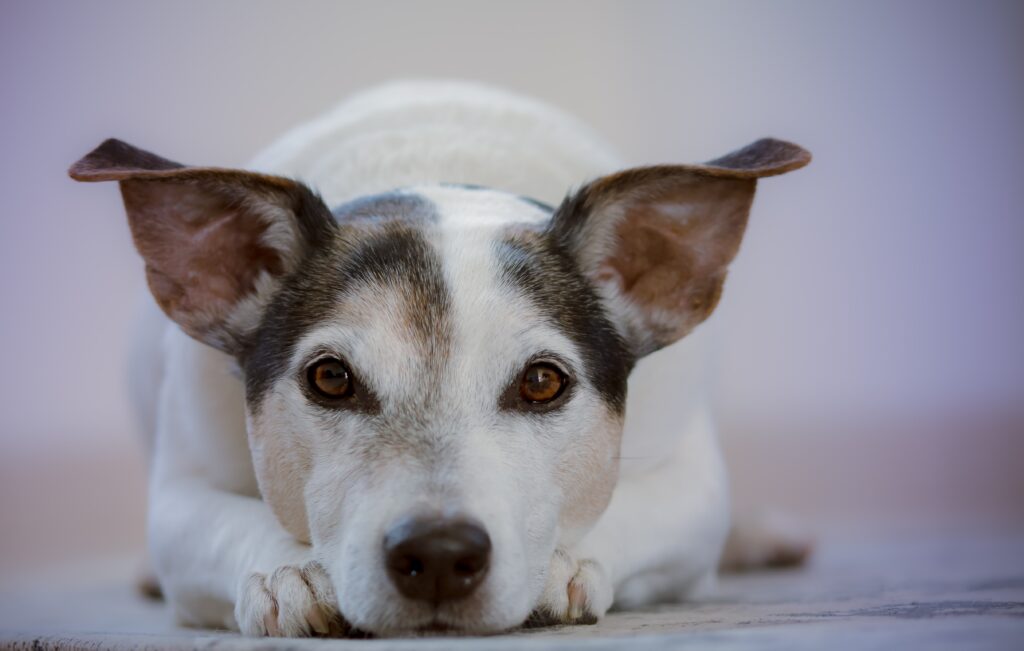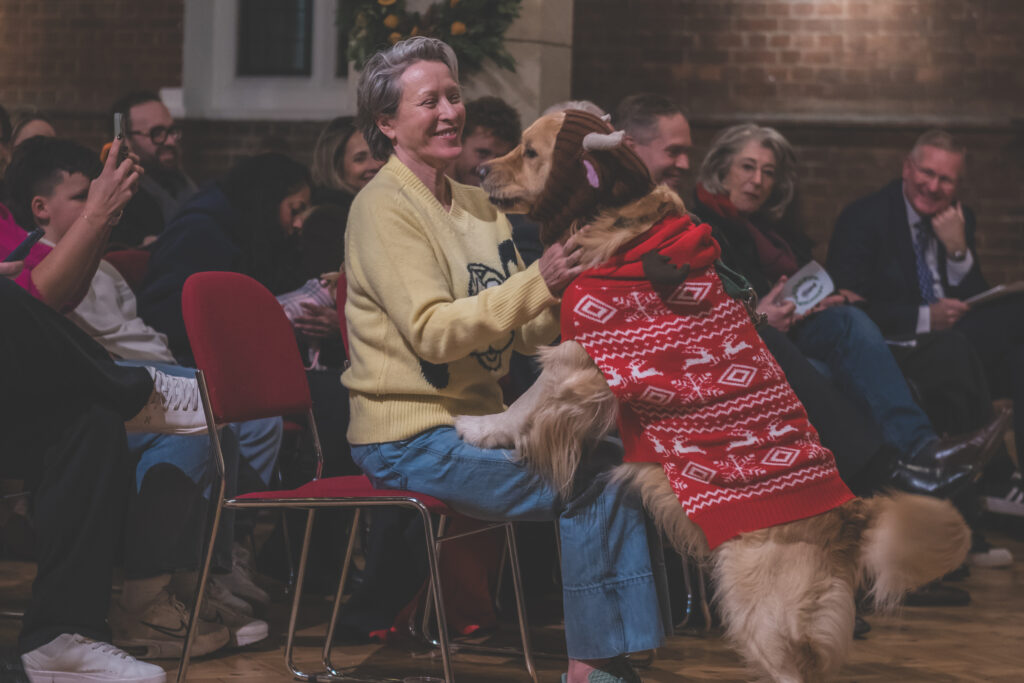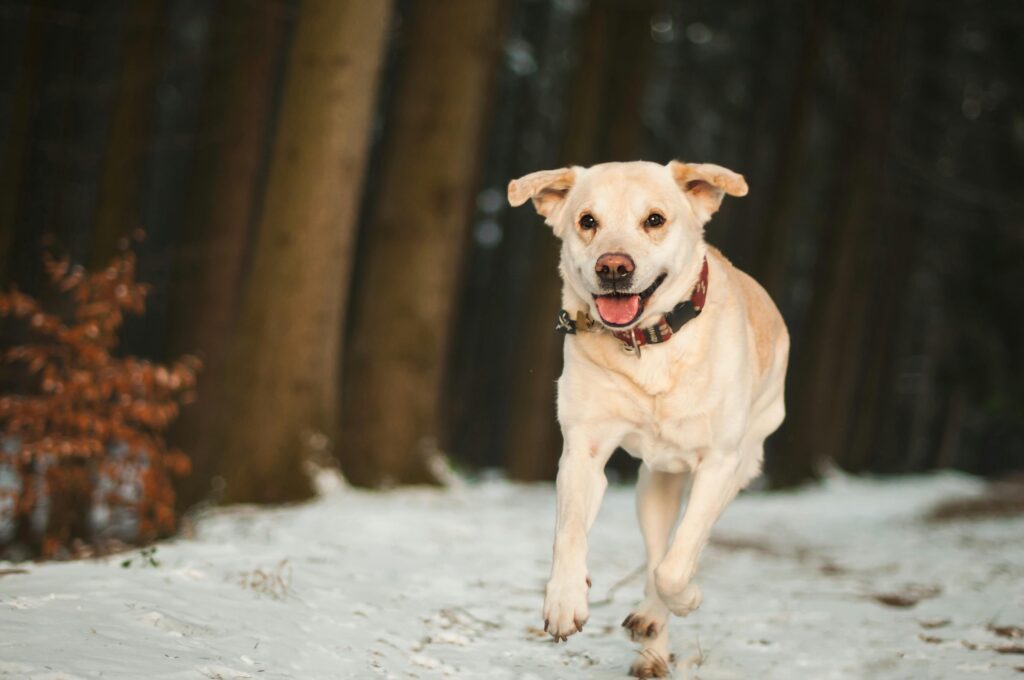The Dog Overpopulation Crisis
Free-roaming dogs often lead lives of hardship. Without consistent access to food, clean water, shelter, or medical attention, many are exposed to injury, illness, and environmental dangers. Overpopulation intensifies these challenges, placing significant pressure on local communities and already limited resources.
A single unsterilised female can produce multiple litters each year. When her offspring also reproduce, the population grows at an exponential rate. In just six years, one dog and her descendants can result in as many as 67,000 more. This rapid increase leads to overcrowded shelters, the spread of disease, and widespread suffering among dogs born into environments where their basic needs cannot be met.
Across the globe, dog populations continue to rise in areas where access to sterilisation is limited or where cultural resistance to neutering persists. Countries such as India, Mexico, Romania, Greece, and Ukraine have some of the highest populations of free-roaming dogs, and without sustainable intervention, the of cycle suffering will continue. As shelters become overwhelmed and resources stretched thin, many dogs are left to suffer from illness, injury, or starvation, while others are euthanised due to a lack of space and long-term care options.
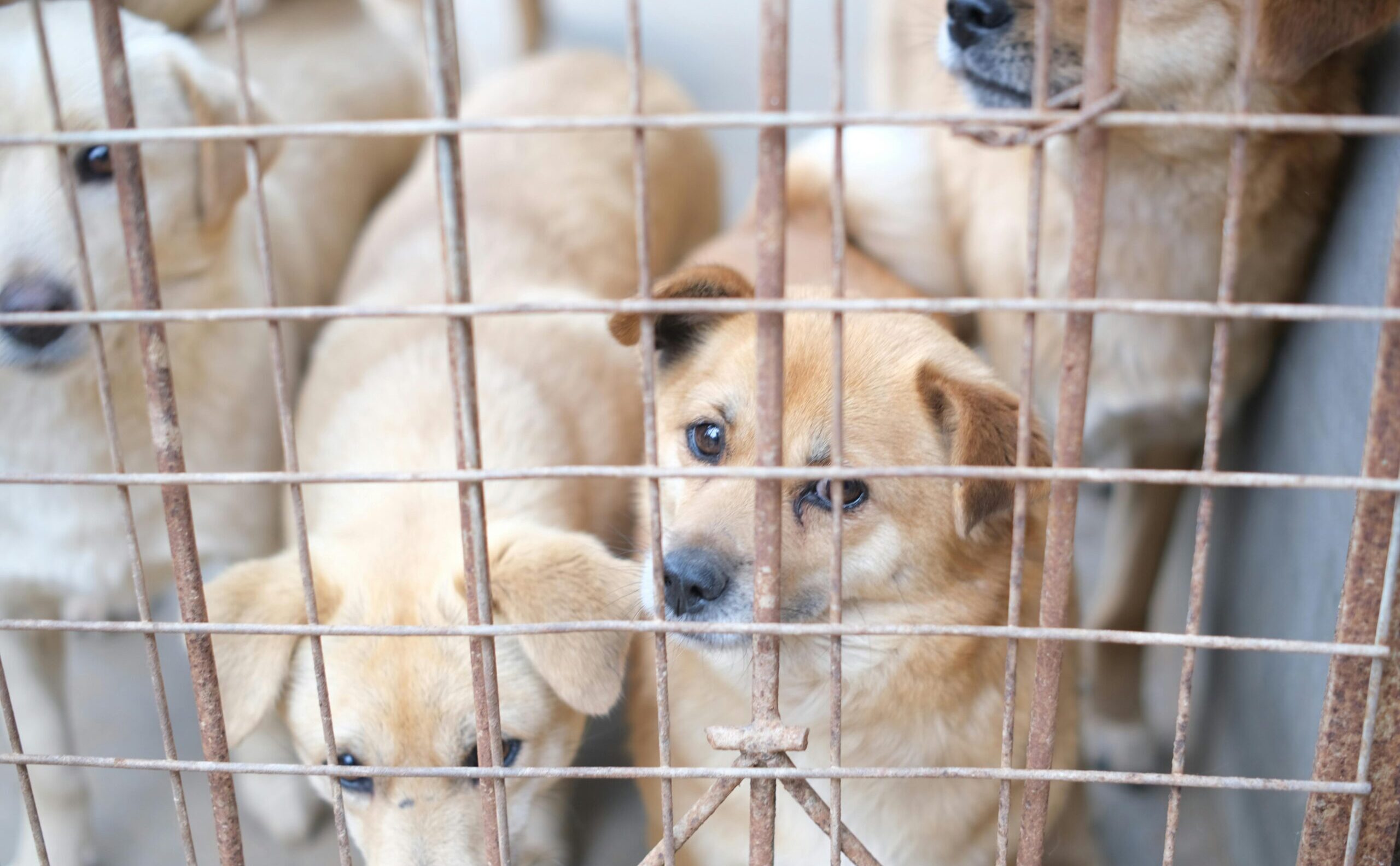
From Catch to Release: How CNVR Programmes Work
Catch, Neuter, Vaccinate, Release (CNVR) programmes are the most humane and effective way to manage stray dog populations and improve the welfare of both animals and communities. Instead of culling, CNVR offers a lasting solution based on prevention.
Here is how it works:
-
Catch: Dogs are humanely caught from streets or community spaces by trained local teams
-
Neuter: They are then taken to veterinary clinics where they are spayed or castrated to prevent future litters
-
Vaccinate: Dogs receive vaccines against deadly diseases like rabies, distemper, and parvovirus
-
Release: Once they have recovered, the dogs are returned to the place they were found, healthier, safer, and no longer able to reproduce
Sterilised dogs are often marked with an ear tag or tattoo to indicate they have been treated. This helps local teams avoid unnecessary recaptures and ensures resources are focused where they are needed most.
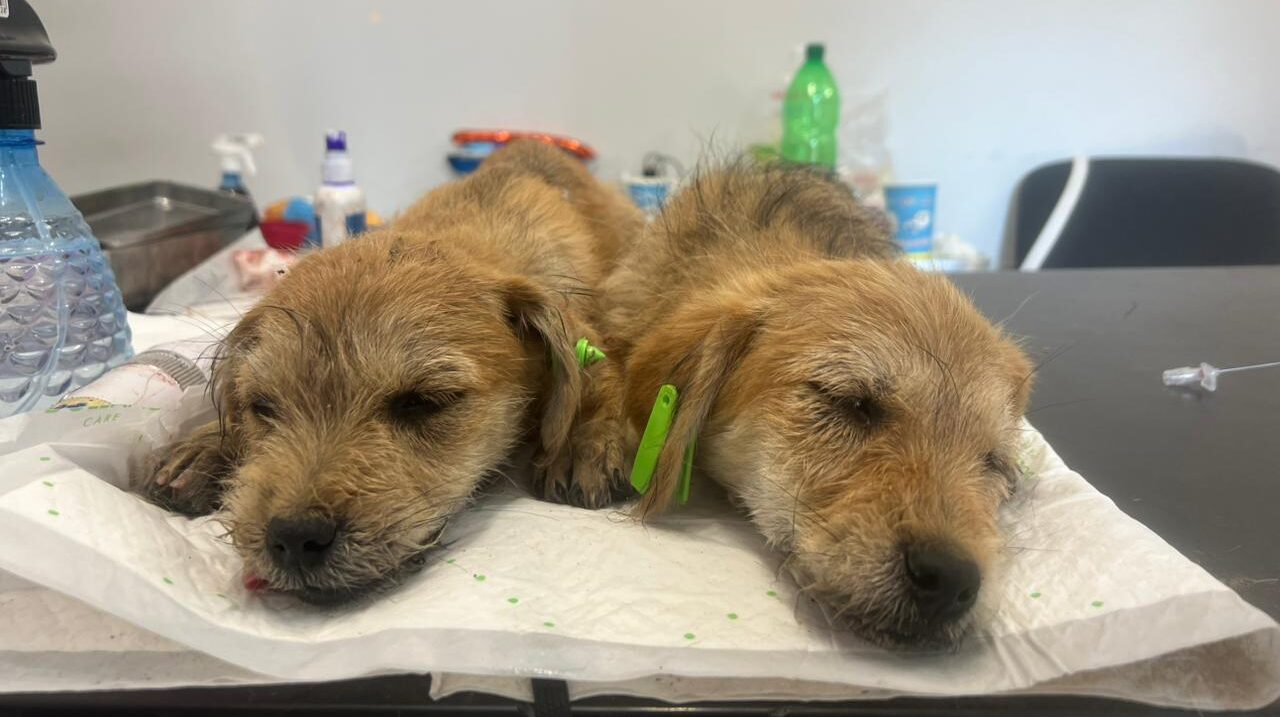
Why Are Dogs Released After Sterilisation and Vaccination?
Not every dog living on the street is waiting to be adopted. Many free-roaming dogs are closely tied to the areas they inhabit, navigating familiar surroundings and forming bonds with other dogs and even local residents who provide occasional food or care. These dogs are often well-adapted to their environment and may not thrive in a domestic setting.
Releasing them after sterilisation and vaccination helps maintain stability within the community while preventing further breeding. For some dogs, adoption offers the ideal outcome, but for many others, CNVR gives them the best chance at a healthier, safer life in the place they know best.
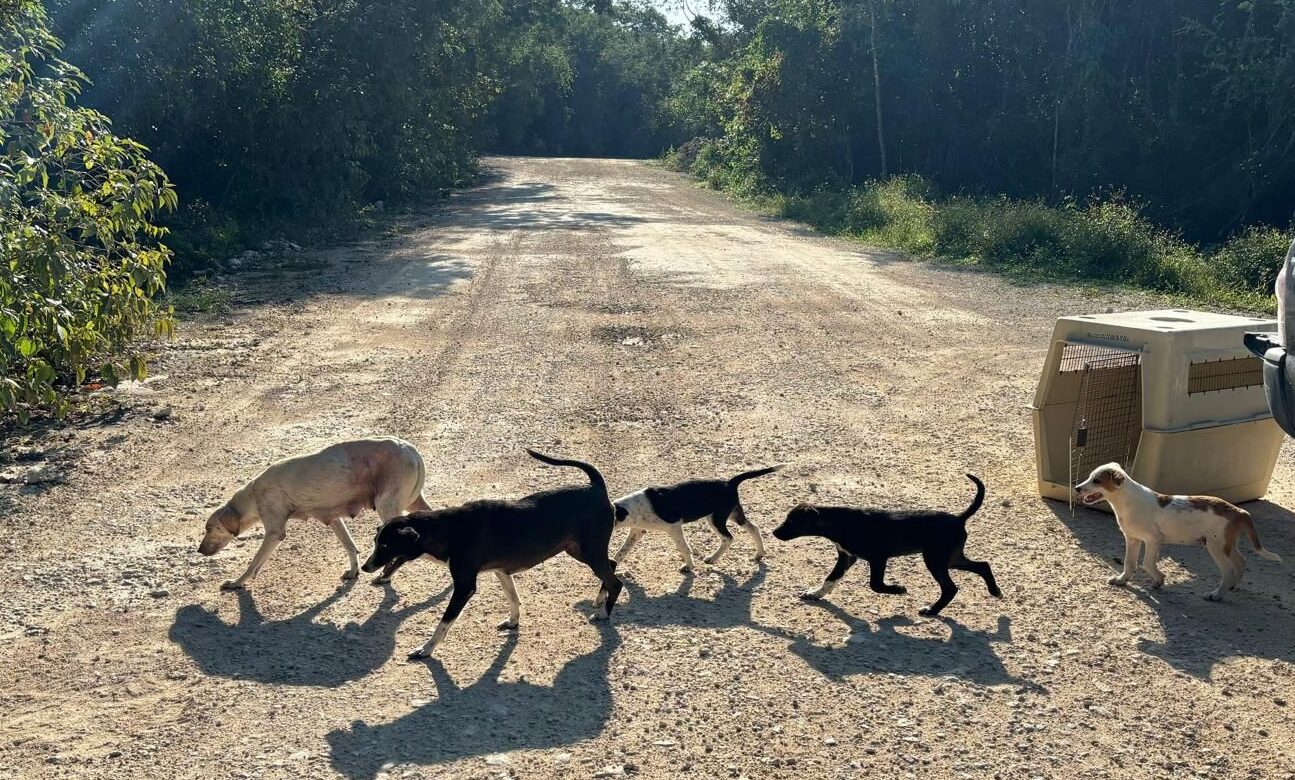
How Do CNVR Programmes Create Lasting Change?
- Prevents Future Suffering
A single unsterilised female dog and her offspring can lead to the birth of up to 67,000 puppies. By preventing these births, we stop the cycle of suffering before it begins. - Improves Animal Welfare
Sterilised dogs are less likely to fight, roam, or suffer from reproductive cancers, and vaccination protects them from deadly, preventable diseases. - Protects Public Health
Rabies kills around 59,000 people every year, mostly through dog bites. CNVR dramatically reduces this risk by vaccinating large populations of street dogs. - Builds Compassionate Communities
When dogs are healthy and no longer reproducing, negative public perceptions often shift from fear and hostility to care and coexistence.
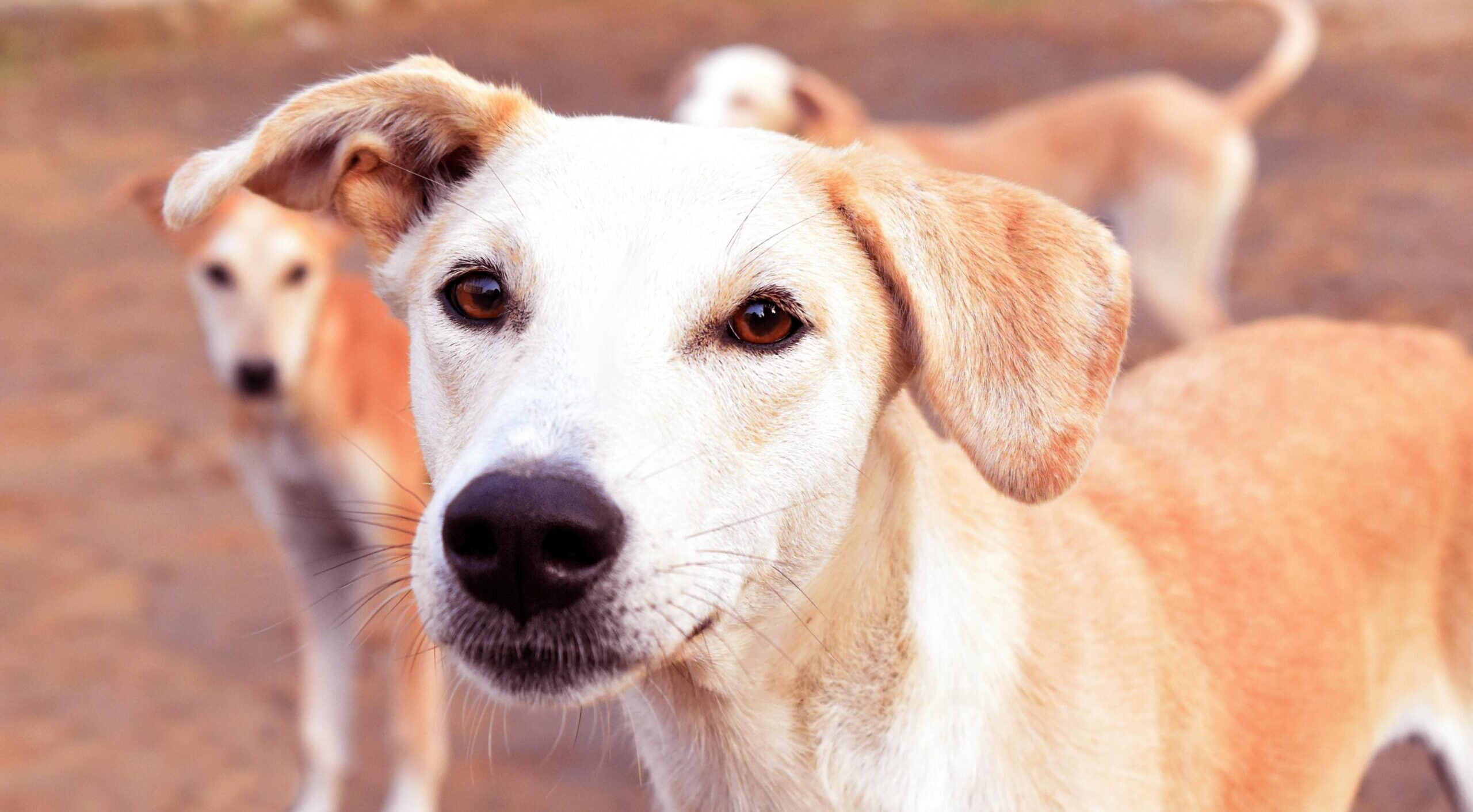
Our Work Around the World
Wild at Heart Foundation funds and delivers life-saving CNVR programmes in regions where free-roaming dog populations are high and local resources are stretched thin.
- India: Where an estimated 52.5 million dogs live without regular care, our partners carry out over 100 sterilisations each month and respond to urgent rescue cases.
- Mexico: Home to around 18.8 million free-roaming dogs, more than 4,000 dogs have been sterilised through regular CNVR campaigns in the Yucatán region.
- Romania: With the largest stray dog population in Europe, an estimated 600,000 dogs live across the country. We support multiple community sterilisation initiatives in partnership with trusted local vets and shelters.
- Greece: With approximately 693,000 stray dogs and ongoing cultural resistance to sterilisation, our funding supports local shelters that care for abandoned and free-roaming dogs.
- Ukraine: Where hundreds of thousands of dogs have been displaced by war, we fund sterilisation clinics in frontline cities and remote towns with limited veterinary access. Despite the challenges of conflict, we have helped sterilise over 400 dogs, bringing stability and compassion to communities where it is needed most.
By working hand-in-hand with local partners, we ensure support reaches the dogs who need it most and help lay the foundations for long-term, sustainable change.
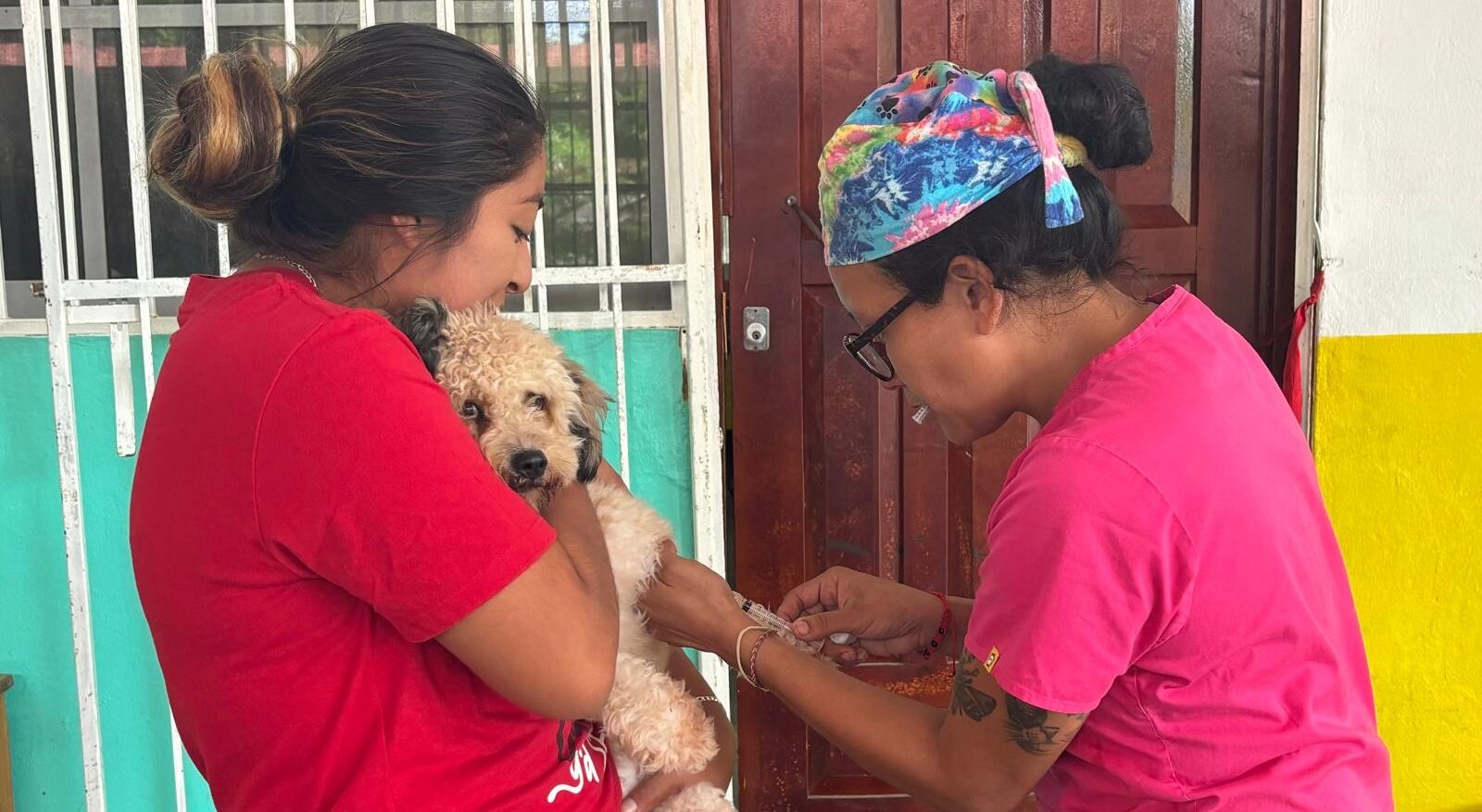
Take Action
Each dog sterilised through our CNVR programmes represents a step toward a more compassionate future. It means fewer puppies born into suffering, fewer dogs left untreated on the streets, and stronger, safer communities for both animals and people.
Help us continue this life-saving work.
Donate today and be part of the solution.
Support our work
